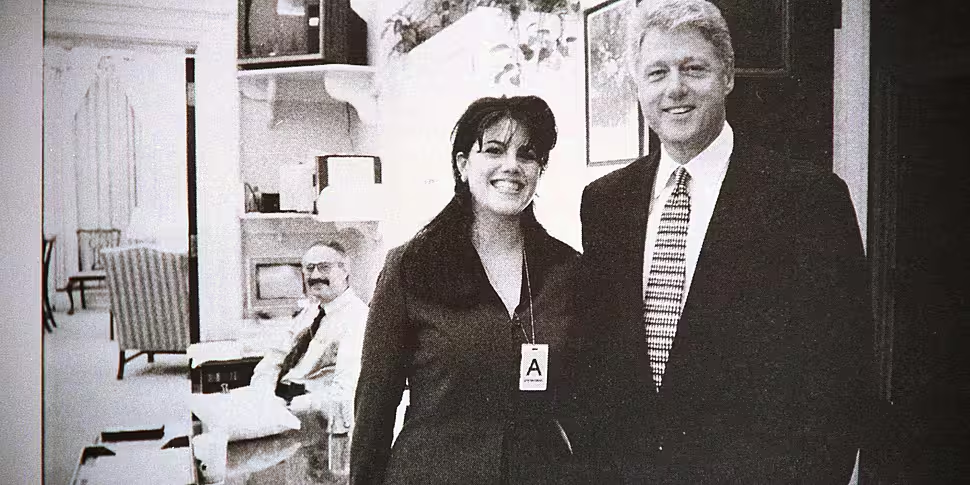One in ten interactions married people have with their spouses involves telling lies, according to one psychologist.
These mistruths can involve deceiving your partner or lying to yourself, with the statistics even worse for people who are single.
Enda Murphy, a Cognitive Behavioural Therapist, says unmarried people lie in one of every three interactions they have with others.
He says that "everybody lies" and that a lot of the time, when we ask a question, such as "does my bum look big in this", we don't actually want to hear the truth.
Mr Murphy told The Hard Shoulder that by the time we reach 18, one out of every five things we tell our mothers is untrue.
He said in some circumstances, we lie to protect another person's self-esteem but in fact, 54% of the time men will spot the deception.
Women will detect the lie 90% of the time as body language can often give away what we are thinking.
"If you're in a relationship you learn to lie," he added.
"Lie-spotting is not about playing 'gotcha' and trying to catch out your partner, it's all about spotting that you're being deceived.
Mr Murphy explained that there are certain 'tells' that people exhibit and that by being able to identify these, it will enable you to ascertain which part of their story is being deceptive.
He added: "We all practice and rehearse our stories, very few of us rehearse our reactions.
"The person who is actually lying doesn't want to bring you to the truth, they want to direct you towards their lie."
Interrogation technique
Mr Murphy said that trained interrogators reverse the story being told to them in order to uncover a lie.
This technique can be used when people suspect their partners are not being honest about something, he said.
He explained: "Everybody who is going to lie and tell you a lie will actually tell you the story perfectly and in chronological order and you let them do it.
"What you do is you start at the end and you work through their story backwards.
"Someone who is lying will rehearse their words but they rarely rehearse their gestures.
"When you're bringing them back through their actual story, watch to see their reactions and look to see what questions bring the highest number of deceptive tells."
Mr Murphy added that once you learn to identify these tells, it should be noted that they are not always evidence that someone is lying, rather they are "evidence the person is being deceptive".
They should not be used to catch the person out in a lie, instead, the behaviour should be used to find out and spot the deceptions that will lead you towards identifying the truth.
He said: "You're trying to get yourself to the truth.
"But behaviours are just behaviours, they're not proof of deception, they're red flags.
When it comes to famous lies, he gave the example of former US President Bill Clinton declaring that he "did not have sexual relations" with Monica Lewinsky.
Accusations of him lying under oath and obstruction of justice following the affair led to a vote of impeachment in the US House of Representatives in 1998.
In this famous speech denying the affair, President Clinton uses emphatic and distancing language to separate himself from the subject, that being Ms Lewinsky, Mr Murphy said.
He added that other people express 'duping delight' when they show their happiness about having got away with their lie.
An example of this is OJ Simpson at the end of his trial when he looks back and smiles at those in the courtroom.









